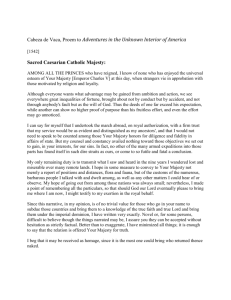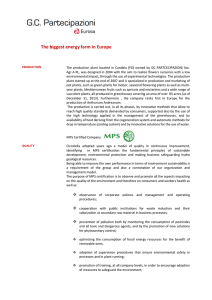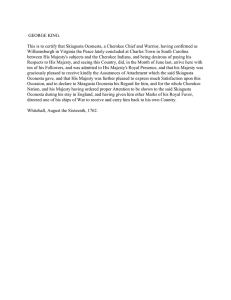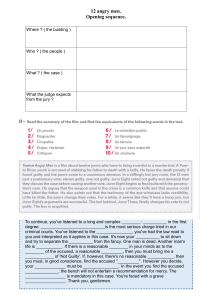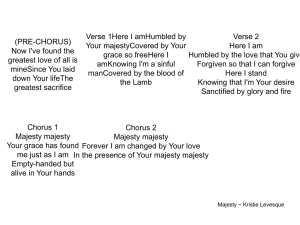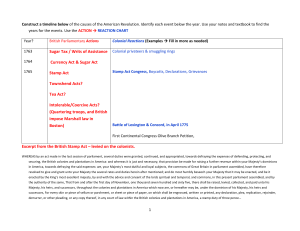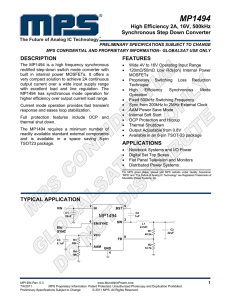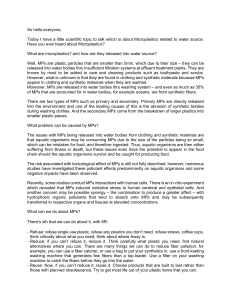One of the “first priorities” of the ‘Intelligence Department’ [or... the advice of the Committee of Imperial Defence during the...
advertisement
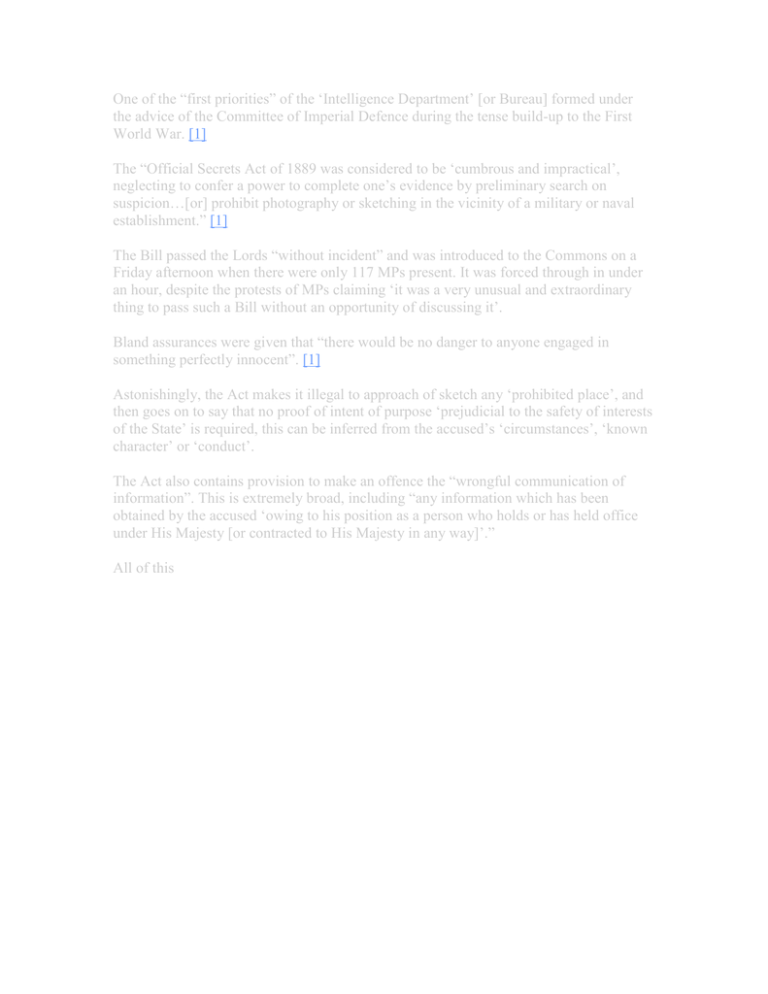
One of the “first priorities” of the ‘Intelligence Department’ [or Bureau] formed under the advice of the Committee of Imperial Defence during the tense build-up to the First World War. [1] The “Official Secrets Act of 1889 was considered to be ‘cumbrous and impractical’, neglecting to confer a power to complete one’s evidence by preliminary search on suspicion…[or] prohibit photography or sketching in the vicinity of a military or naval establishment.” [1] The Bill passed the Lords “without incident” and was introduced to the Commons on a Friday afternoon when there were only 117 MPs present. It was forced through in under an hour, despite the protests of MPs claiming ‘it was a very unusual and extraordinary thing to pass such a Bill without an opportunity of discussing it’. Bland assurances were given that “there would be no danger to anyone engaged in something perfectly innocent”. [1] Astonishingly, the Act makes it illegal to approach of sketch any ‘prohibited place’, and then goes on to say that no proof of intent of purpose ‘prejudicial to the safety of interests of the State’ is required, this can be inferred from the accused’s ‘circumstances’, ‘known character’ or ‘conduct’. The Act also contains provision to make an offence the “wrongful communication of information”. This is extremely broad, including “any information which has been obtained by the accused ‘owing to his position as a person who holds or has held office under His Majesty [or contracted to His Majesty in any way]’.” All of this


